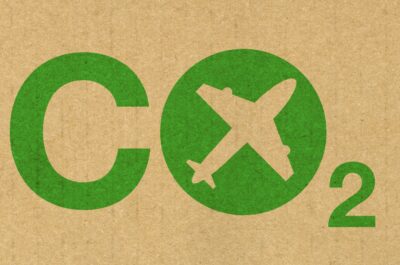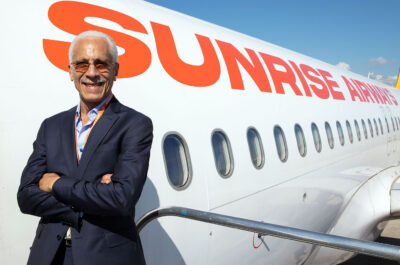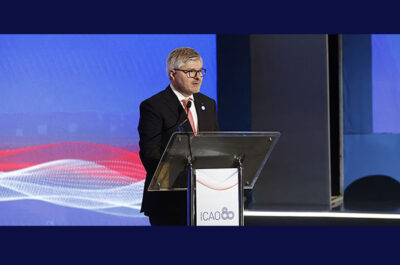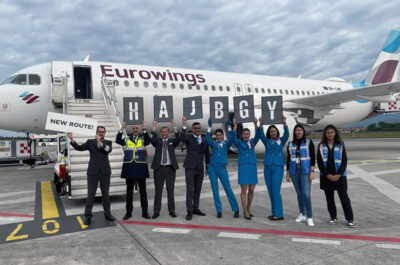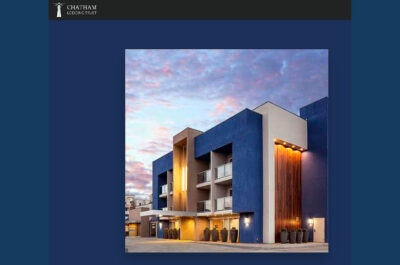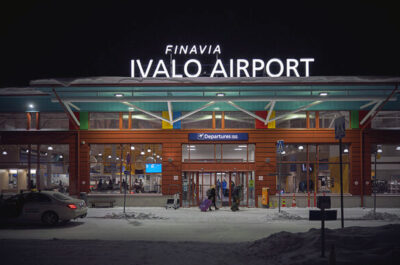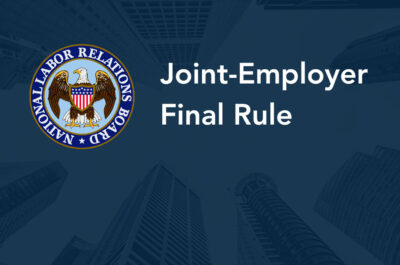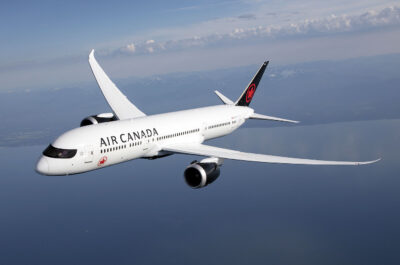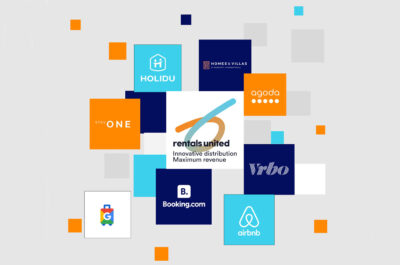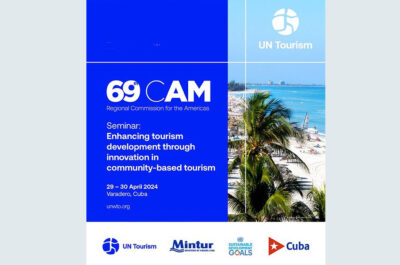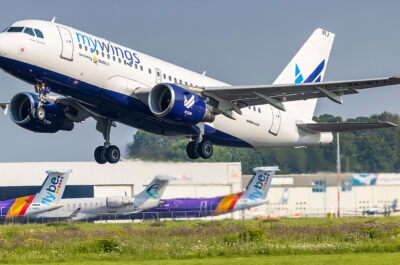…
The Internet is often a dirty word for hoteliers, but it shouldn`t be. If used properly, it provides a tremendous opportunity for marketing, sales and communications. Here are some suggestions for harnessing this incredible new tool.
I`ve heard this statement made and I have to question it`s reality. It`s not the Internet itself that`s hurting hospitality, but rather the lack of understanding of how to use it effectively that`s causing problems. Although the Net is looked on by many as the newest use for a computer, that`s akin to labeling the telephone as a pizza ordering device. The Internet is nothing short of a communications tool, a research library with more useful information than the Library of Congress, a marketing device with near instant feedback, a marketplace with full transactional capabilities, an entertainment medium, and time will only tell what else.
The first electronic connection for hotels, the airline GDSes, greatly simplified the transaction process between guests and hotels. Unfortunately hotels are not mini-airlines and while electronic capabilities have greatly improved, GDS interaction with hotels has not kept pace with the rapid increase in computing and communications power. Airlines are tightly integrated with GDSes and enjoy both single image inventory and the ability to change prices instantly. And while there are features that distinguish one airline from the next, they`re minimal compared to the variances among hotel properties that sit next to each other. Then look at how many airlines fly directly between the two cities to which you are traveling – 2 if you`re lucky, maybe 6 if they are key hubs. Again, the smallest true city has dozens of properties at each level, with over a hundred in large cities. However, airlines developed the technology to sell electronically, and hotels have been saddled with those limitations ever since.
When you have few choices and few true differentiating factors, what can you compete on? Price and price alone. So lo and behold, all the airline and auto (and of course, car rentals are pretty much mini-airlines) electronic selling tools, especially the online travel sites, focus on price. But along the way, hotels found it was easy to tag along on these tools and looked at them as generating incremental revenue that would otherwise be unsold. Unfortunately, no one told the travelers that this was the case, and they had the nerve to actually set their pricing expectations based on these distressed inventory sellers.
Then look at scale. Frontier Airlines, one of the new kids, has revenues of just under half a billion dollars. Southwest, a regional, but established carrier does $6 billion annually. Do you know many independent hotel groups at those levels? So how Frontier and Southwest and even Marriott market themselves should be different than how an independent or small group does. Once again though, instead of using the new technology of the Internet to market and sell, many hotels have fallen into the trap of handing those functions over to intermediaries, who provide very little in the way of useful information and charge very high fees. While mass marketing is not a problem when you have a budget in the millions, the Internet becomes the only way when those millions represent your revenues..
The same problem applies to sales. When Orbitz began, it offered the airlines a savings on their commissions. How? By bypassing the GDS and their fees, Orbitz suggested it could save the airline industry over $1 billion annually. That contrasts significantly with the over $1 billion it`s estimated the hotel industry will pay each year in commission rates to third-party, online booking sites, not to mention, their GDS fees.
Take a look too at the price sensitivity of travelers to airline versus hotel stays. Though the major airlines are struggling and smaller carriers have dramatically dropped prices, you will note that the discrepancies between leisure fares and business fares (without a Saturday night stay and fully refundable), have not disappeared. Meanwhile, some top-of-the-line hotels have provided rates that are half or less than half of rates previously available. I would further argue (and at least one Cornell study agrees with me), that lowering prices at one property, let alone an entire market, has little impact in increasing demand, but a huge impact on decreasing profit and service levels. Those decreases can then have the vicious circle effect of leading to further price reductions, which leads to …
Price and value are very tricky things. Several studies at the Harvard Business School and elsewhere have shown that once buyers establish the value or price of something, it`s very hard to raise that expectation. This is true even if the buyer knows the value or price is arbitrary or due to a temporary condition. That means that if you lower your price and then heavily promote it, you must be prepared to live with that price unless demand at the property becomes so strong that 100% occupancies become commonplace.
How can you, as a GM, revenue manager or someone involved in hotel sales overcome this? Take a few simple steps:
You`ve heard it a million times, but technology is just a tool. However, it`s an essential tool for almost anyone in business today, and hotels are no exception. When you cede control over your property, particularly in the areas of sales and marketing, you have to know that the group you`re ceding it to has its interests sufficiently aligned with yours for that to succeed. Unfortunately today, there are very few avenues that meet that criteria.
Chris Hartmann is Chief Technology Strategist for the HVS Technology Strategies division of HVS International. Chris has a computer science degree from Harvard as well as over 18 years experience as Chief Technology Officer at a large advertising agency in New York.



